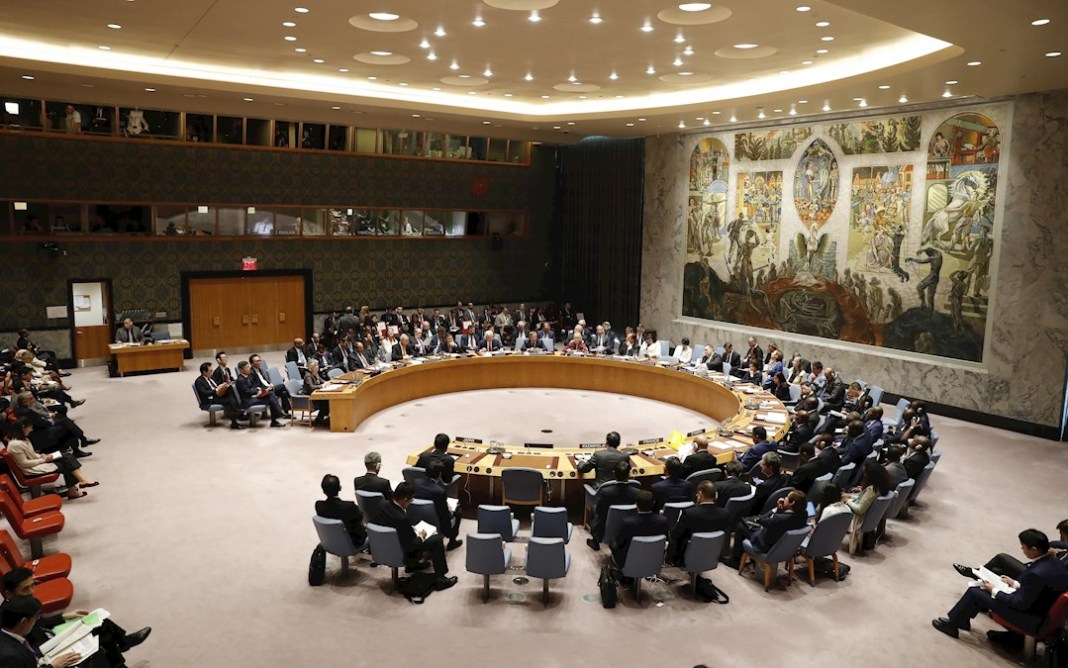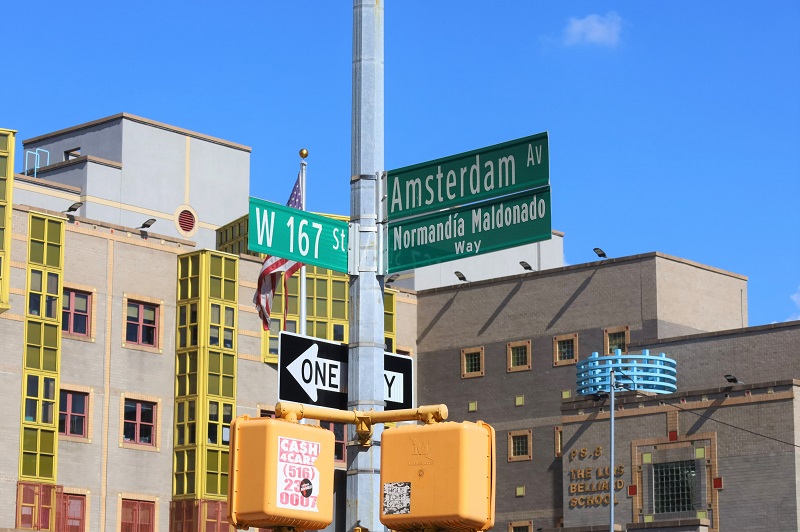The seventy-sixth session of the United Nations General Assembly, which will take place between September 21 and 27 in New York, will be the stage in which Latin America clearly sets out its complicated situation after the pandemic, both in economic terms. as in access to vaccines.
The action of the coronavirus and the reaction of governments to contain it seriously injured the economies of the region, which as a whole fell by 6.8% in 2020, but which, according to calculations by the Economic Commission for Latin America (ECLAC) , it will recover 5.2% for this year, although it will not ensure sustained growth due to the strong social impact of the crisis.
Poverty, inequality, little investment and low productivity continue to affect a region that is trying to recover but continues with those burdens on its feet.
“We need policies for a transformative recovery with an emphasis on investment. Industrial and technological policies to promote the growth of sectors that are more intensive in technology and generate quality jobs,” said Alicia Bárcena, ECLAC’s executive secretary, during the presentation of the study “The paradox of recovery in Latin America and the Caribbean”.
Some problems that already existed but that the pandemic made more visible.

A POSTCOVID MARSHALL PLAN FOR LATIN AMERICA?
The great UN event, for which the multilateral organization expects the presence of 126 heads of State and Government, may be the propitious scenario to touch again on the subject of a great aid package to the Latin American economy, a luck of the Marshall Plan implemented for the recovery of Europe after the Second World War.
The very push of the most powerful economies in the region, such as Brazil and Mexico, would not be enough to leave the red numbers behind.
Brazil is just coming out of a severe recession that caused its gross domestic product (GDP) to drop 4.1% in 2020 (the worst slump in more than 25 years) and Mexico barely grew 1.5% in the second quarter, a data that is clearly insufficient.
Already last January, the issue of extraordinary aid for the region was exposed during the debate ‘How can Latin America have its post-covid-19’ Marshall Plan ‘?’, Moderated by the director of the Efe Agency, Gabriela Cañas .
During this telematic event, the president of the Inter-American Development Bank (IDB), Mauricio Claver-Carone, stated that 150,000 million dollars are needed only to cover the health costs associated with the pandemic.
“We are facing two paths of two realities: the possibility of another lost decade with greater economic and social deterioration or of recovery, reinvestment and renewed opportunity , ” he said.
The IDB itself launched in February 2021 an initiative for large multinational companies based in the region and multilatinas to join the economic reconstruction effort.
“There are no resources in the Latin American States to provide an effective response to this crisis (…). This Marshall plan would imply the creation of a global fund for cooperation and solidarity that we could place on the horizon of the 2 trillion dollars that they could be channeled through development banks in the region, “ said former Dominican President Leonel Fernández last January during the V Forum in Santo Domingo.

THE REGIONAL FACE BEFORE THE UN
The first Latin American president to speak at the General Assembly (in fact the first of all the heads of state summoned) will be the Brazilian Jair Bolsonaro, next Tuesday.
“I travel on Sunday, make the opening speech on Tuesday and then return,” said the president last Friday, without referring to the controversy that exists in the United Nations about vaccination against covid-19, which is required by the Mayor of New York. and a process that the president has not undergone.
Bolsonaro, who once said that covid-19 was a “little grip” and is reluctant to mandatory vaccination, deals in his country with more than 21 million cases and almost 600,000 deaths.
Colombian Iván Duque will be second on the list of Latin American speakers in New York, with a country whose economy, according to official data, took a huge leap from last year’s debacle caused by the pandemic and grew in the second quarter of 2021 17.6% compared to the same period in 2020, when it suffered a contraction of -15.7%.
The numbers and the Colombian social reality do not seem to go hand in hand, since in that same period there was a serious outbreak that put the country in check and Duque’s image continues to take a nosedive.
Chilean Sebastián Piñera, third in the region to intervene although remotely, presides over the Latin American country with the highest anticovid vaccination rate (with 87.64% of the target population with the complete scheme), but the mercury of the social thermometer continues raised after the revolts of 2019, which led to a process of constitutional renewal.
The Argentine Alberto Fernández was scheduled to go to the UN and speak on the same Tuesday, but the political storm in his own government coalition after the defeat in the September 12 primaries and the estrangement with Vice President Cristina Fernández de Kirchner have forced stay in your country and make your speech through a prerecorded video.
Those who will be in New York and will go to the UN that day will be the Peruvian Pedro Castillo and the Ecuadorian Guillermo Lasso, in the first appearance for both before said forum.
Already on Wednesday it will be the turn of the Uruguayan Luis Lacalle Pou and the Dominican Luis Abinader, whose countries have had an outstanding performance in the fight against the coronavirus.
The absence of the Mexican Andrés Manuel López Obrador will be one of the most notable in the region, and, as often happens in this type of event, the presence of other heads of state such as the Venezuelan Nicolás Maduro is still unknown.
But perhaps the key to the post-covid Latin American Marshall Plan lies in the second speaker at the event: Joe Biden. He is the one to ask for blank checks.



















































































